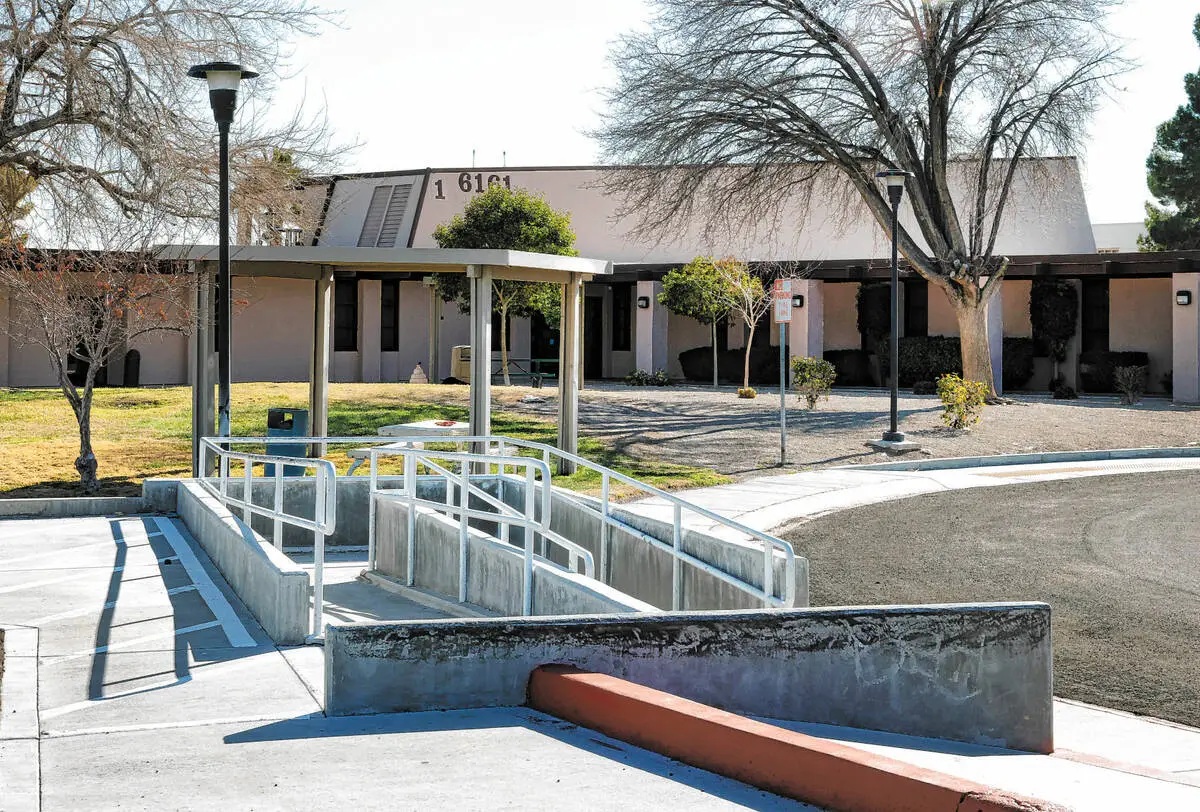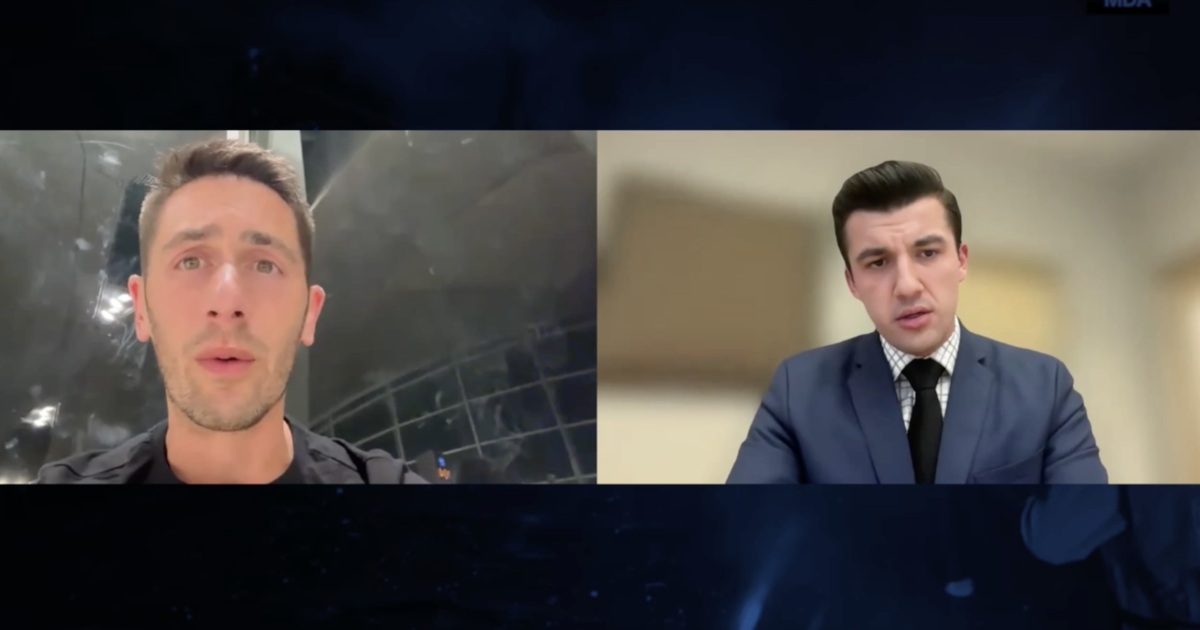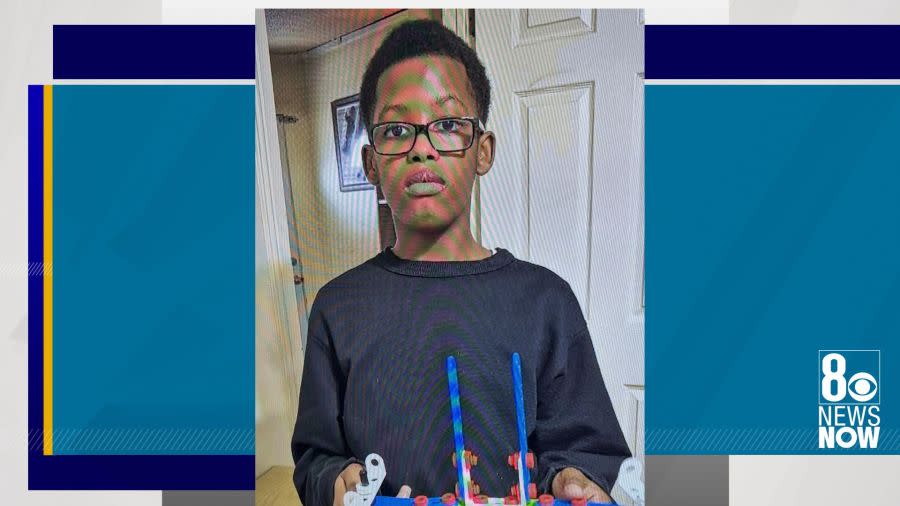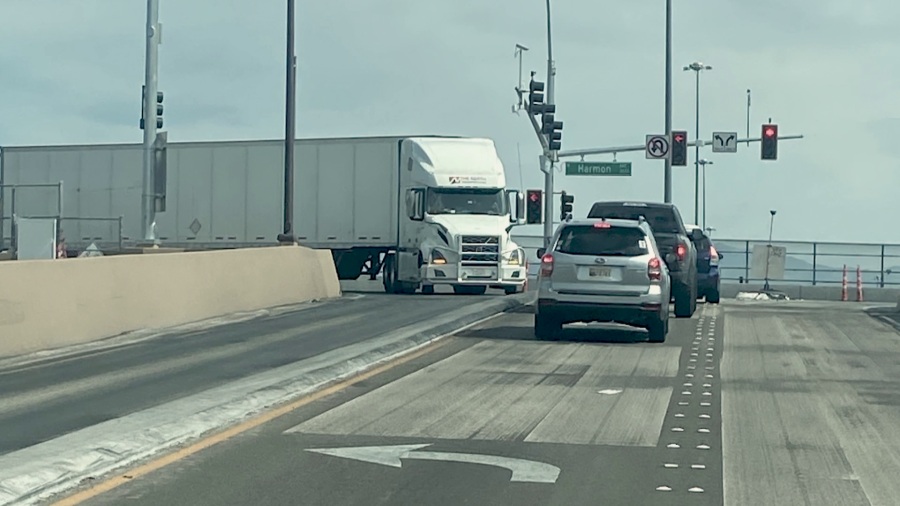Local residents file lawsuit to halt $200 million campus for Hope Construction

Charleston-Jones area neighbors seek court injunction, claiming lack of transparency in approval process
Two Las Vegas residents have filed a lawsuit in Clark County District Court seeking to stop construction of the ambitious Campus for Hope facility, arguing that the approval process lacked proper community input and transparency. The legal challenge threatens to delay or potentially halt Nevada’s largest homeless services project, which is set to transform how the region addresses housing insecurity.
The campus for Hope Project
The Campus for Hope represents one of the most significant investments in homeless services infrastructure in Nevada’s history. The $200 million facility, planned for the intersection of Charleston and Jones boulevards, will provide 900 beds along with comprehensive social services for housing-insecure individuals throughout the Las Vegas valley.
The project’s funding structure demonstrates unprecedented collaboration between public and private sectors. The state of Nevada and private entities, including several Strip resorts, are each contributing $100 million toward construction costs. Once operational, Clark County and the cities of Las Vegas and North Las Vegas will share responsibility for ongoing operational expenses beginning in 2027.
The facility is designed to serve as more than just temporary housing. Officials envision a comprehensive campus that will provide wraparound services including job training, mental health support, addiction treatment, and other resources designed to help residents transition to permanent housing and self-sufficiency.
Prospective residents would be referred through navigation centers in each participating jurisdiction, creating a coordinated regional approach to addressing homelessness rather than the current patchwork of services across multiple agencies and organizations.
The legal challenge
The lawsuit, filed this week in Clark County District Court, names an extensive list of defendants including the state of Nevada, Clark County, the city of Las Vegas, Las Vegas Councilman Brian Knudsen, and the Campus for Hope nonprofit organization established to develop the project.
The plaintiffs, identified as James Root and Matthew Wambolt, both residents living near the proposed site, argue that the project will fundamentally alter their neighborhood’s character. Their concerns extend beyond simple opposition to the facility’s mission to specific allegations about the approval process itself.
“This project will dramatically alter the fundamental character of our neighborhood, transforming our quiet residential area into one marked by significantly increased congestion, activity, and potential crime,” the lawsuit states. The residents also express concern about property values and overall quality of life impacts.
Transparency and process concerns
Central to the lawsuit are allegations that officials failed to conduct proper studies and community engagement before approving the project. The plaintiffs argue that required analyses of traffic impacts, crime implications, and effects on local businesses, schools, churches, and elderly residents were either not conducted or not made available to the public.
“Local municipal authorities claim alternative locations were considered but have repeatedly refused to disclose any addresses, evaluation criteria, or comparative assessments that justify selecting our community as the ideal site,” Root wrote in an affidavit supporting the lawsuit.
The legal challenge also targets the legislative framework that enabled the project. Assembly Bill 598, passed during the 2023 Nevada Legislature, created special exemptions for Campus for Hope from typical oversight requirements. According to the lawsuit, this legislation removes the project from Nevada Public Works Division oversight and eliminates “any city-level permitting or inspection requirements and transferring complete control to state authorities.”
This streamlined approval process, while potentially speeding project development, has created concerns about accountability and community input that the plaintiffs argue violate open meeting laws and proper zoning procedures.
Defendants respond
The Campus for Hope nonprofit organization has defended its compliance with all legal requirements in a statement responding to the lawsuit. “Throughout the application, approval, and implementation of the project enabled under the legislation, Campus for Hope leadership has met all the state and local requirements for the construction of the facility,” the organization stated. “We will continue to meet all those requirements, without exception.”
The city of Las Vegas has indicated it will mount a legal defense of the project. A city spokesperson emphasized the urgent need the facility is designed to address: “There is a pressing need for additional temporary housing and services to help the unhoused community in Las Vegas to become healthy, housed and hired.”
Las Vegas officials have confirmed that the city attorney’s office will defend the city’s position and coordinate with other defendants named in the lawsuit. Clark County and the Nevada Attorney General’s office have declined to comment on the pending litigation.
Community impact and concerns
The residents’ concerns reflect broader challenges communities face when large-scale social service facilities are proposed in residential areas. The “not in my backyard” phenomenon is common with homeless services, mental health facilities, and other social infrastructure projects, even when community members support such services in principle.
The plaintiffs’ statement suggests they felt excluded from the decision-making process entirely. “Residents say they were blindsided by the announcement and feel betrayed by a process that ignored their voices,” according to a statement released on their behalf.
Their lawsuit describes the facility as creating “an Incurable Defect in the location of all homes, churches, schools and businesses within the proximity of the impact zone,” language that suggests they view the facility as permanently damaging to their neighborhood.
Political perspective
Las Vegas Councilman Brian Knudsen, who represents the area and is named as a defendant in the lawsuit, has previously addressed community concerns while defending the project. Earlier this year, he emphasized the collaborative nature of the effort and its potential benefits.
“The city, the county, the state, the private sector (are) all actively working toward making this project something that we can all be proud of: Something that can be beneficial to those who are experiencing homelessness, their families, and beneficial to the surrounding area,” Knudsen said.
His inclusion as a defendant in the lawsuit suggests residents believe he should have done more to represent their interests during the approval process or provide them with greater input opportunities.
Legal strategy and goals
Rather than seeking to permanently block the Campus for Hope, the plaintiffs are requesting that a District Court judge issue an injunction preventing construction until proper studies are conducted and made publicly available. This approach suggests they want process improvements rather than project cancellation.
“Plaintiffs only ask for the State, City, and County to engage in transparency, including, but not limited to studies of alternate locations and offering transparency with the community prior to building this $200 million homeless center,” the lawsuit states.
This strategy could potentially allow the project to proceed if officials conduct the studies and community engagement the residents believe should have occurred initially. However, any significant delay could impact the project’s timeline and potentially affect funding commitments.
Broader implications for Las Vegas
The lawsuit comes at a critical time for Las Vegas’s approach to homelessness. The region has struggled with visible homelessness issues, particularly in downtown areas, and Campus for Hope represents the most ambitious attempt yet to create comprehensive services at scale.
If successful, the facility could serve as a model for other communities facing similar challenges. However, if the legal challenge significantly delays or alters the project, it could set back regional efforts to address homelessness comprehensively.
The case also highlights ongoing tensions in Las Vegas between rapid development and community input processes. As the city continues to grow and evolve, balancing the need for social infrastructure with neighborhood concerns will remain a significant challenge.
Next steps
As of Thursday, the case had not yet been assigned to a specific judge. The legal process will likely involve multiple phases, including initial hearings on the injunction request, discovery proceedings where both sides gather evidence, and potentially a trial if the matter cannot be resolved through negotiation.
The timeline for resolving the lawsuit could significantly impact the Campus for Hope project schedule. Construction delays often increase costs and can affect funding commitments from private partners who may have expected specific timelines.
For Las Vegas residents, the case represents a test of how major social infrastructure projects should balance urgent community needs with proper public process and community engagement. The outcome may influence how future projects of similar scope and community impact are planned and approved.
This story will be updated as the legal proceedings develop and additional information becomes available.
Category: Local News, Real Estate, Politics
Subcategory: Legal Issues
Date: 06/20/2025



